Re: The Rise of the Russian Empire: Russo-Armenian Relations
A 'ballistic missile triad'

A slew of incendiary statements coming out of Moscow over the past few weeks have many Western observers concerned that a new Cold War between Russia and the United Sates is rapidly taking shape. Bolstered by an ambitious military modernization program, energy and arms revenues and a growing global distaste for perceived U.S. hegemony, Russian President Vladimir Putin has used his growing influence both at home and abroad to confront what he sees as Washington's growing "imperialist" actions.
Mr. Putin has clearly gone on the offensive. Speaking with a group of reporters recently, he said actions by the United States to place a missile-defense shield in Europe would cause Russia to "acquire new targets in Europe" which could "unleash a nuclear conflict." The successful test two weeks ago of two separate ballistic missiles, coupled with Russia's plan to spend upward of $200 billion by 2017 on bombers, air-defense systems and tanks, points to the formulation of a revised Russian military doctrine. In addition, Mr. Putin has also threatened to withdraw from a number of important arms treaties, such as the Conventional Forces in Europe (CFE) Treaty and the Intermediate Nuclear Forces (INF) Treaty.
But as alarming as Mr. Putin's statements and related actions have been, they are even more menacing when viewed in the context of ongoing international ballistic-missile development and deployment by two of Moscow's closest allies -- China and Iran. Russia, China and Iran, the new Axis of Evil, present a dire "ballistic missile triad" that has become difficult for the West to ignore. Working closely together, all three countries continue to improve their ballistic missile technology demonstrating an increased willingness to replace constructive dialogue with outright confrontation.
The recently released 2007 Defense Department annual report to Congress on China's military power catalogs in great detail the country's continued efforts to establish not only a defensive ballistic missile capability, but an offensive "first strike" capability as well. The expected deployment of additional mobile, land and sea-based ballistic nuclear missiles that can reach the U.S. mainland have raised serious questions in Washington about the county's regional and global intentions.
Beijing's communist leaders have reacted to U.S. criticism of its military build-up by strongly denouncing calls for greater transparency, stating Washington is now treating the country as a "Cold War-style" enemy. But China's recent moves to expand its ballistic missile force capabilities are undeniable, as its build-up of missiles across the Taiwan Strait confirms. Michael Green, a former Asia adviser to President Bush, has voiced his concerns regarding China's ballistic missile program. "The Chinese have maintained that they have no first use policy and that they have a minimal deterrent policy. But other sources suggest that they are possibly developing capabilities for a more flexible use of nuclear weapons that would call into question this declared policy," he noted recently.
Adding to U.S. concerns, China's continued development and deployment of asymmetrical cyber warfare and anti-satellite systems designed to cripple sophisticated communication, global positioning and defense networks makes a preemptive ballistic missile attack increasingly plausible. Over the past few years, Chinese Gens. Zhu Chenghu and Xiong Guangkai, both high-ranking military officials, have stated that China would attack U.S. cities if the country intervened in any Taiwan conflict.
Led by President Mahmoud Ahmadinejad, Iran continues to pose the greatest short-term threat to world peace and stability. Tehran continues to publicly state that its nuclear program is for peaceful purposes, but its actual intentions remain a troubling mystery, since International Atomic Energy Agency inspectors have been halted on numerous occasions from conducting thorough examinations. State Department spokesman Sean McCormack noted in March, "We do have outstanding concerns about Iran's missile program and we are very much concerned about the possible nexus between that program and their nuclear ambitions." With the direct assistance of Russia, China and North Korea, Iran is already in possession of the medium-range Shahab-3 ballistic missile which is capable of striking Israel. The country has also made improvements to the Shahab-4 ballistic missile which is believed to be capable of hitting Europe. Iran's Islamic regime is also pursuing a proprietary space program, allocating over $500 million for 2005 through 2010.
NATO spokesman James Appathurai's comments this month that Mr. Putin's continued antagonism is "unhelpful and unwelcome" is an encouraging sign that the United States will not have to stand alone in its fight against global nuclear brinksmanship and proliferation. In the meantime, the United States and its allies should consider increasing funding dedicated to the research, development and testing of a more agile anti-missile defense umbrella. By taking this important step, the combined offensive intercontinental ballistic missile capabilities of China, Russia and Iran, as well as rogue nations such as North Korea, will be made increasingly irrelevant.
The world is an uncertain place, filled with more questions than answers. Recognizing this, the United States must display the technological ingenuity, global leadership and perseverance necessary to confront the enormous geopolitical challenges that lie ahead. Only with such a firm response will the world be able to overcome the diverse and ever-increasing threats from nations that view the future from the tip of a ballistic missile.
Source: http://www.washtimes.com/op-ed/20070...526-7268r.htm#
A 'ballistic missile triad'

A slew of incendiary statements coming out of Moscow over the past few weeks have many Western observers concerned that a new Cold War between Russia and the United Sates is rapidly taking shape. Bolstered by an ambitious military modernization program, energy and arms revenues and a growing global distaste for perceived U.S. hegemony, Russian President Vladimir Putin has used his growing influence both at home and abroad to confront what he sees as Washington's growing "imperialist" actions.
Mr. Putin has clearly gone on the offensive. Speaking with a group of reporters recently, he said actions by the United States to place a missile-defense shield in Europe would cause Russia to "acquire new targets in Europe" which could "unleash a nuclear conflict." The successful test two weeks ago of two separate ballistic missiles, coupled with Russia's plan to spend upward of $200 billion by 2017 on bombers, air-defense systems and tanks, points to the formulation of a revised Russian military doctrine. In addition, Mr. Putin has also threatened to withdraw from a number of important arms treaties, such as the Conventional Forces in Europe (CFE) Treaty and the Intermediate Nuclear Forces (INF) Treaty.
But as alarming as Mr. Putin's statements and related actions have been, they are even more menacing when viewed in the context of ongoing international ballistic-missile development and deployment by two of Moscow's closest allies -- China and Iran. Russia, China and Iran, the new Axis of Evil, present a dire "ballistic missile triad" that has become difficult for the West to ignore. Working closely together, all three countries continue to improve their ballistic missile technology demonstrating an increased willingness to replace constructive dialogue with outright confrontation.
The recently released 2007 Defense Department annual report to Congress on China's military power catalogs in great detail the country's continued efforts to establish not only a defensive ballistic missile capability, but an offensive "first strike" capability as well. The expected deployment of additional mobile, land and sea-based ballistic nuclear missiles that can reach the U.S. mainland have raised serious questions in Washington about the county's regional and global intentions.
Beijing's communist leaders have reacted to U.S. criticism of its military build-up by strongly denouncing calls for greater transparency, stating Washington is now treating the country as a "Cold War-style" enemy. But China's recent moves to expand its ballistic missile force capabilities are undeniable, as its build-up of missiles across the Taiwan Strait confirms. Michael Green, a former Asia adviser to President Bush, has voiced his concerns regarding China's ballistic missile program. "The Chinese have maintained that they have no first use policy and that they have a minimal deterrent policy. But other sources suggest that they are possibly developing capabilities for a more flexible use of nuclear weapons that would call into question this declared policy," he noted recently.
Adding to U.S. concerns, China's continued development and deployment of asymmetrical cyber warfare and anti-satellite systems designed to cripple sophisticated communication, global positioning and defense networks makes a preemptive ballistic missile attack increasingly plausible. Over the past few years, Chinese Gens. Zhu Chenghu and Xiong Guangkai, both high-ranking military officials, have stated that China would attack U.S. cities if the country intervened in any Taiwan conflict.
Led by President Mahmoud Ahmadinejad, Iran continues to pose the greatest short-term threat to world peace and stability. Tehran continues to publicly state that its nuclear program is for peaceful purposes, but its actual intentions remain a troubling mystery, since International Atomic Energy Agency inspectors have been halted on numerous occasions from conducting thorough examinations. State Department spokesman Sean McCormack noted in March, "We do have outstanding concerns about Iran's missile program and we are very much concerned about the possible nexus between that program and their nuclear ambitions." With the direct assistance of Russia, China and North Korea, Iran is already in possession of the medium-range Shahab-3 ballistic missile which is capable of striking Israel. The country has also made improvements to the Shahab-4 ballistic missile which is believed to be capable of hitting Europe. Iran's Islamic regime is also pursuing a proprietary space program, allocating over $500 million for 2005 through 2010.
NATO spokesman James Appathurai's comments this month that Mr. Putin's continued antagonism is "unhelpful and unwelcome" is an encouraging sign that the United States will not have to stand alone in its fight against global nuclear brinksmanship and proliferation. In the meantime, the United States and its allies should consider increasing funding dedicated to the research, development and testing of a more agile anti-missile defense umbrella. By taking this important step, the combined offensive intercontinental ballistic missile capabilities of China, Russia and Iran, as well as rogue nations such as North Korea, will be made increasingly irrelevant.
The world is an uncertain place, filled with more questions than answers. Recognizing this, the United States must display the technological ingenuity, global leadership and perseverance necessary to confront the enormous geopolitical challenges that lie ahead. Only with such a firm response will the world be able to overcome the diverse and ever-increasing threats from nations that view the future from the tip of a ballistic missile.
Source: http://www.washtimes.com/op-ed/20070...526-7268r.htm#







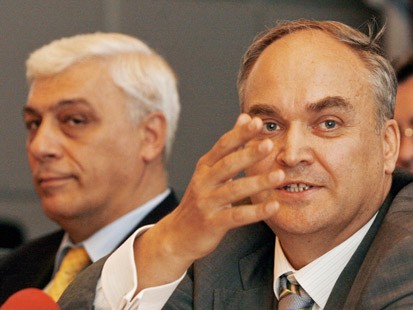
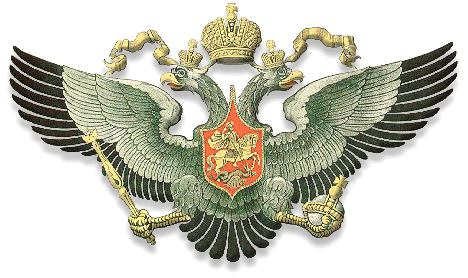

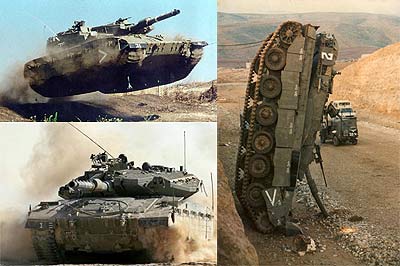






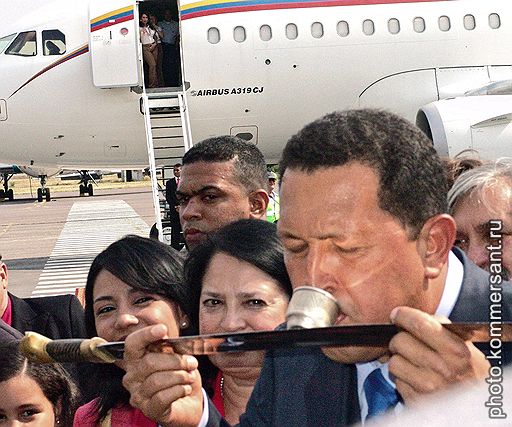


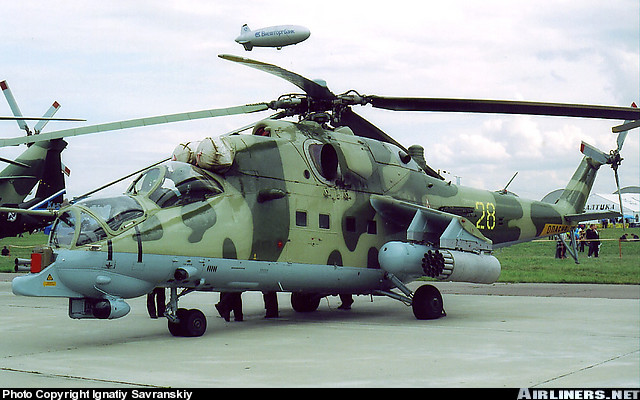
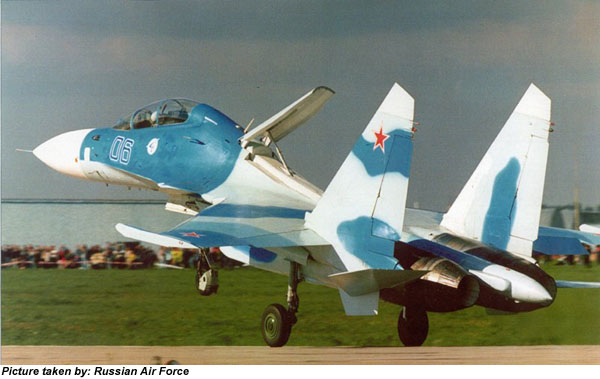
Comment